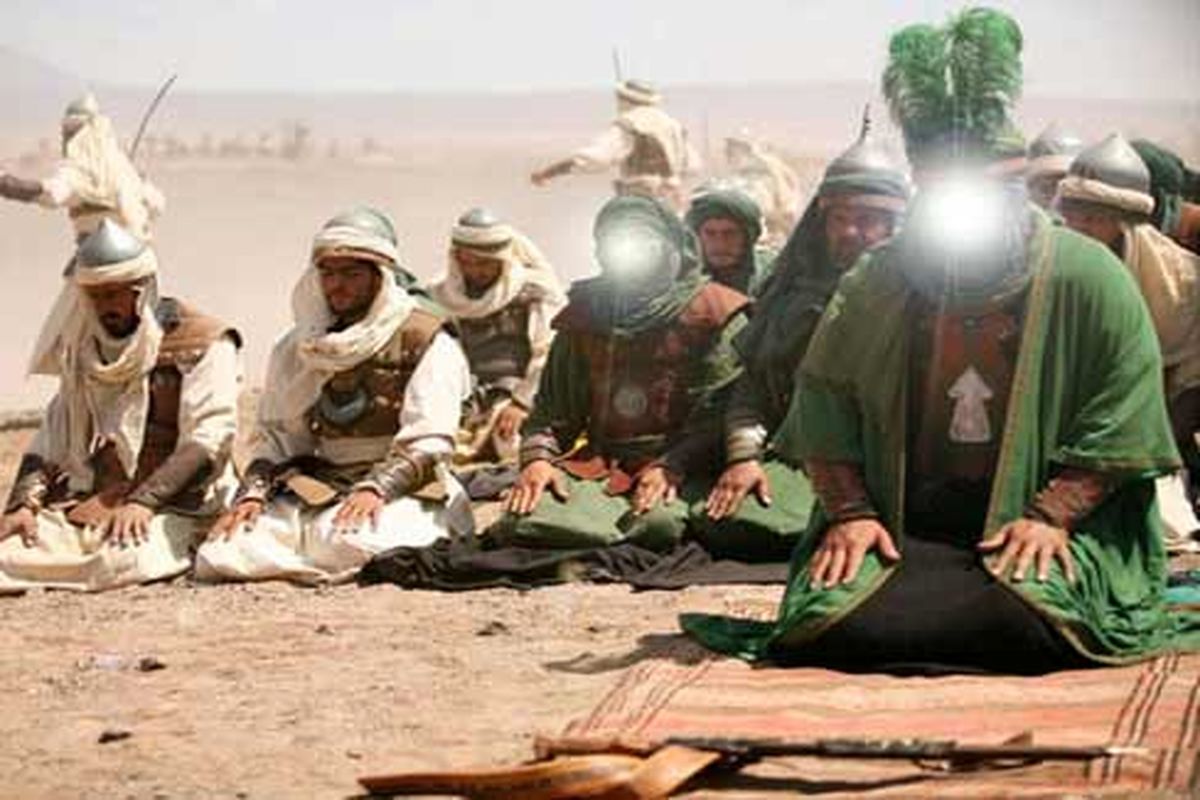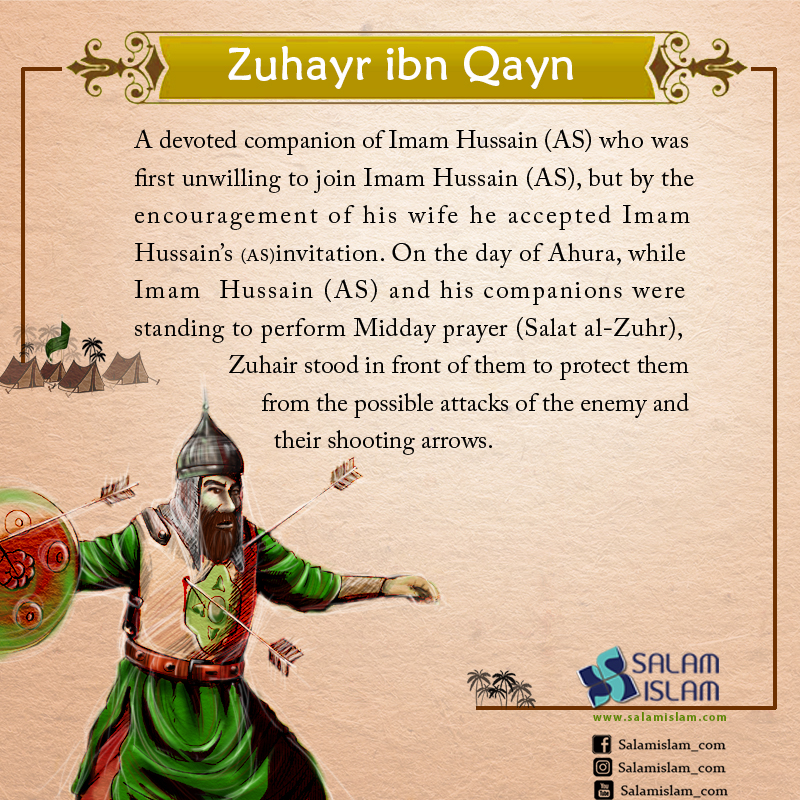

Euthanasia
All of us as human beings desire a peaceful and easy death; some people consider euthanasia as a way to achieve this end. The word Euthanasia comes from Greek origin (eu: well, good- Thanatos: death) and is commonly known as the practice of intentionally ending a life to relieve pain and suffering. It is classified into three types: voluntary (with the consent of the patient), non-voluntary (the approval of the patient is unavailable) and involuntary (against the will of the patient). Voluntary euthanasia has been legalized in some countries such as Netherlands, Belgium and some states of America. It seems that proponents of euthanasia developed a strictly materialistic view of life and death; in other words, the existence of God and the value of human life are ignored. Moreover, the patient’s condition when consenting for euthanasia is not considered at all.
Euthanasia Yes or No?
The first issue that can be argued against euthanasia is that being terminally ill does not seem to have a precise definition. There is no way to determine the life expectancy of a person even if he/she is diagnosed as terminally ill. There are cases in which the patient healed miraculously and without any explanation; the proponents of it seem to ignore the God’s will in the human’s life and death.
What's more, the consent that a patient who is suffering severely gives to end his/her life is not really of much validity. Obviously, due to the health condition of the patient, he/she is in a depressed mood and cannot think clearly. In some cases, such as an older adult who has lost his common sense, the consent given by him/her is apparently not valid. On the other hand, in non-voluntary in which a patient’s relative gives permission, the patient’s will is not included; it seems more like murdering rather than helping that patient.
Euthanasia activists ignore the value and importance of human life and the fact that the more you fight for life, the more precious your soul becomes. People who support this, often say that it is already considered permissible to take human’s life under some circumstances such as self-defense -e.g., in the case of wars- while, they miss this point that when one kills for self-defense, they are saving innocent lives either their own or someone else's. With euthanasia no one's life is being saved; life is only taken [3]. Human beings have the instinct for survival and immortality; euthanasia is clearly against the nature of human being. Somehow, it overlooks the spiritual side of human beings. Besides, it is an absolute act of suicide which many religions including Islam do not approve of [1].
Finally, the decision to take someone’s life is not for anybody even that person to make; God has given life to us, and He will take it as He wishes [2]. The proponents of Euthanasia have ignored moral issues and the spiritual side of human beings. Even in the hardest situations still, we can find hope if we have faith. By committing it, we lose the opportunity to see our unpredictable future; there may be a chance to embrace a beautiful life!
References:
- Euthanasia
- 5:32, 6:151, 4:29.
- what is Euthanasia
Share This Article

The characteristics of Imam Hussain 's (AS) companions
When discussing the companions of Imam Hussain (AS), the most significant aspect to consider is their actions and decisions in specific circumstances where they had to make choices. While reading history, it might seem ordinary to us that when faced with oppression and injustice, any rational human being would stand against it. However, before making decisions, people need to be sure if their resistance is worthwhile.
Throughout history, many people fought and died for what they believed to be the truth, only to find out they were supporting evil.
In this text, we will delve into some of the most astonishing characteristics of the companions of Imam Hussain (AS) that made them so special in history.
Obedience
The outcome of faith is guidance:
“Whoever has faith in Allah, He guides his heart.” (64: 11)
However, this guidance is achievable through obedience:
“O you who have faith! Obey Allah and obey the Apostle and those vested with authority among you.” (4: 59)
The most vital trait of the companions of Imam Hussain (AS) was their faith and reliance on Allah, and their obedience to Him, His messenger, and their leader - Imam Hussain (AS).
On the night of Ashura, Imam Hussain (AS) gathered his companions and said “I release you from the allegiance and oath you’ve taken from me. The darkness of the night surrounds you, so break free from the turmoil hidden in the darkness waves. Then each of you may hold of the hand of my family members and disperse into the villages and cities until Allah grants you relief .” The companions, one by one, replied “By Allah! We shall not abandon you. In fact, we are ready to sacrifice our lives for yours. We shall defend you with our necks, faces and hands. We will fulfill our duty even if it costs our lives.” [1]

Distinguishing right from wrong
The situation in the year 61 AH during the battle of Karbala was perplexing. People had to differentiate between the truth among two groups both claiming to fight for Islam. Imam Hussain (AS) left Medina as he knew Yazid, the son and the successor of the late caliph, disregarded Islamic principles. However, since Yazid and his ministers presented themselves with an Islamic facade, it was challenging for ordinary people to discern the correct side. Consequently, most Muslims were deceived by their hypocritical behavior, or they were threatened by Yazid’s ministers due to fears of losing material gains, causing them to join Yazid’s army.
It this context, Yazid managed to amass of over thirty thousand soldiers, while only few individuals - less than a hundred – chose to stand with Imam Hussain (AS). This fact highlights the great wisdom and bravery of Imam Hussain’s (AS) companions, and this wisdom, as the Quran mentioned, arises from steadfast faith:
“O you who have faith! If you are wary of Allah, He shall appoint a criterion for you, and absolve you of your misdeeds...” (8:29)
The Arabic term translated as “criterion” in the above verse is Furqan. Furqan is the power to distinguish right from wrong, a type of wisdom and insight bestowed by Allah upon His pious servants, which is not dependent on knowledge, literacy, or information. [1]
Based on this criterion granted by Almighty Allah, the companions of Imam Hussain (AS), coming from diverse ages and social, cultural and religious backgrounds, were all able to differentiate between right from wrong. It is regrettable that only a few comprehend this distinction!
“… But most of them do not know the truth, and so they are disregardful.” (21: 24)
Detachment from the world
Even among the faithful, some chose not to oppose Imam Hussain (AS) in the battle of Karbala. They remained silent and withheld their support for the Imam. The status of these believers differs from those who sacrificed their possessions and lives for the sake of Allah (SWT). Allah says in the
Quran:
“Not equal are those of the faithful who sit back—excepting those who suffer from some disability—and those who wage jihad in the way of Allah with their possession and their persons. Allah has graced those who wage jihad with their possessions and their persons by a degree over those who sit back…” (4: 95)
Loving Allah (SWT) and Being Loved by Allah (SWT)
Allah describes the relationship between Him and His pious servants as a mutual bond of love, with Allah (SWT) being the first to express love. In a beautiful Quranic verse Allah portrays His faithful, courageous, and humble servants as individuals loved by Him:
“O you who have faith! Should any of you desert his religion, Allah will soon bring a people whom He loves and who love Him, [who will be] humble towards the faithful, stern towards the faithless, waging jihad in the way of Allah, not fearing the blame of any blamer. That is Allah’s grace, which He grants to whomever He wishes, and Allah is all-bounteous, all-knowing.” (5: 54)
This verse underscores that these individuals may face criticism and blame from due to their decisions, but it will not make them turn away from their spiritual path.
Sacrifice
Another important characteristic of Imam Hussain’s (AS) companions was their selfless sacrifice in upholding the religion and tradition of the Prophet (PBUH&HP). It takes a noble soul to make sacrifices for others, and even more so when sacrificing one’s life to preserve the religion of Allah (SWT). This is why in the loving relationship that the companions of Imam had with their Lord, they presented their body and soul in defending the truth.
“And among the people is he who sells his soul seeking the pleasure of Allah, and Allah is most kind to [His] servants.” (2:207)
References:
- Qummi, A. Nafassul Mahmoum
- Qara’ati, M. Tafseer-e Nour, vol. 3, p. 305
Read More

Relationships in Social Networks in Islam
We are far ahead of the time when people lived in actual social networks. People living in a town or village were in a strong relationship with one another, and of course, it served them well.
But, maybe people were too closely related back then. And it had its downsides, too. “Give me a break, please, I need some privacy!” That’s what we said to the social life of the past times. The modern way of life ascribed so much importance to our privacy. This, too, had its downsides and sometimes made us feel so lonely. It didn’t quench our need to see and be seen. We needed to share more.
An Exciting Invention…
But, modern life and technology also had the answer to that. They provided an unaccountably cheap and easy way of making relationships, without the need for getting quite out of our private zone; virtual Social Networks!
Well, that’s great! We can get to know about our family and friends without spending much time or money. We can easily make thousands of friends from around the world. We can share our ideas and lifestyle with them and get to know about theirs. Like all other inventions, there are many good ways to benefit from social networks. And there being many good ways to benefit from something, is somehow equal to its lawfulness in Islam.
“… who bids them to do what is right and forbids them from what is wrong, makes lawful to them all the good things and forbids them from all vicious things…” (7:157).
Social Networks in Islam: Rules Apply!
But is using social networks in Islam forbidden? Does Islam have any special resistance to these networks? Well, not really. And the rules on what we should do and what we should try to avoid are pretty much the same as the ones we need to observe in actual communications.
Therefore, as we are always careful to avoid any harm in our actual relationships [1], we should also do the same in these virtual sites of getting together, and try not to go for the bad things that might be found in there, nor spread things that might do more harm than good to others or to the society.
That means even if it is a boy-girl or man-woman relationship, there is nothing wrong with it as long as it is an upright, righteous, and honest one, and as long as you observe modesty and the rules of covering, the same way as a relationship between men and women in the outer world.
Also, Islam very much calls us up to mind the circles we move in [2], which are, more or less, a representation of our character and inclinations! Do our friends and groups in social networks –as well as in the real world– help us and change us for better? Or that they are just fun for a short time and may bring us lasting sorrows and regrets? [3]
Slippery Road… Watch Your Steps!
You might have noticed that conventional social networks, being inherently so cheap and easy, tend to make everything cheap and easy in all respects… and maybe too much so sometimes!
Suppose you share a highly valuable and precious post on Facebook –which is the easiest way to share it, of course– and your friends would barely spend five seconds to look at it!
We are in the habit of taking everything easy in these virtual places; even our relationships. We don’t care that much about what we see or share, and sometimes about the kind of relationships we are making, while, to the contrary, a Muslim is always required to be watchful of his or her doings! [4]
So, apart from the benefits of being cheap and easy for use, they also make it easier to lie, to pretend, or to do any wrong. We may not be quite conscious that some of our relationships in the social networks could be, more or less, a kind of betrayal of our wedlock! Or a little too open to be modest and righteous! For, according to Islam, a husband’s level of modesty affects that of his wife and vice versa. [5] That means, the more righteous a spouse, the more so will be the other! That’s why it is even more important here never to forget that, little as it may be, a wrongdoing is always wrong, whether in a virtual social network or out there in the real world.
“So whoever does an atom’s weight of good will see it, and whoever does an atom’s weight of evil will see it.” (99:7,8)
References:
- Wasa’il al-Shi’a, vol. 26, p. 14, Al-Mu’jam al-Awsat, vol. 1, p. 90
- Al-Amali, p. 518, Sunan al-Tirmidhi, vol. 4, p. 167
- Quran, 25:27,28
- Quran, 59: 18, Bihar al-Anwar, vol. 74, p. 349
- Kanz al-‘Ummal, vol. 5, p. 317
Read More

